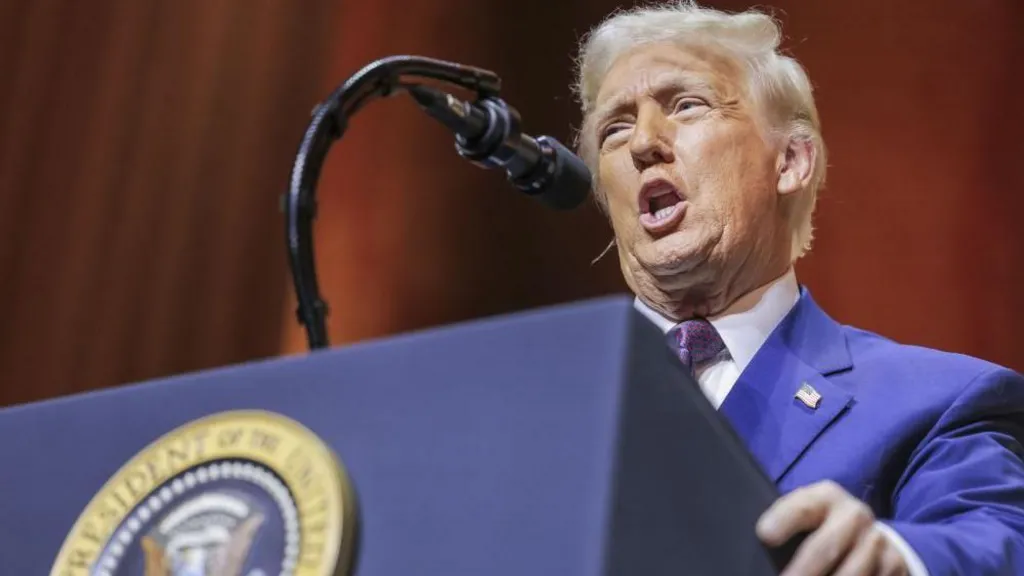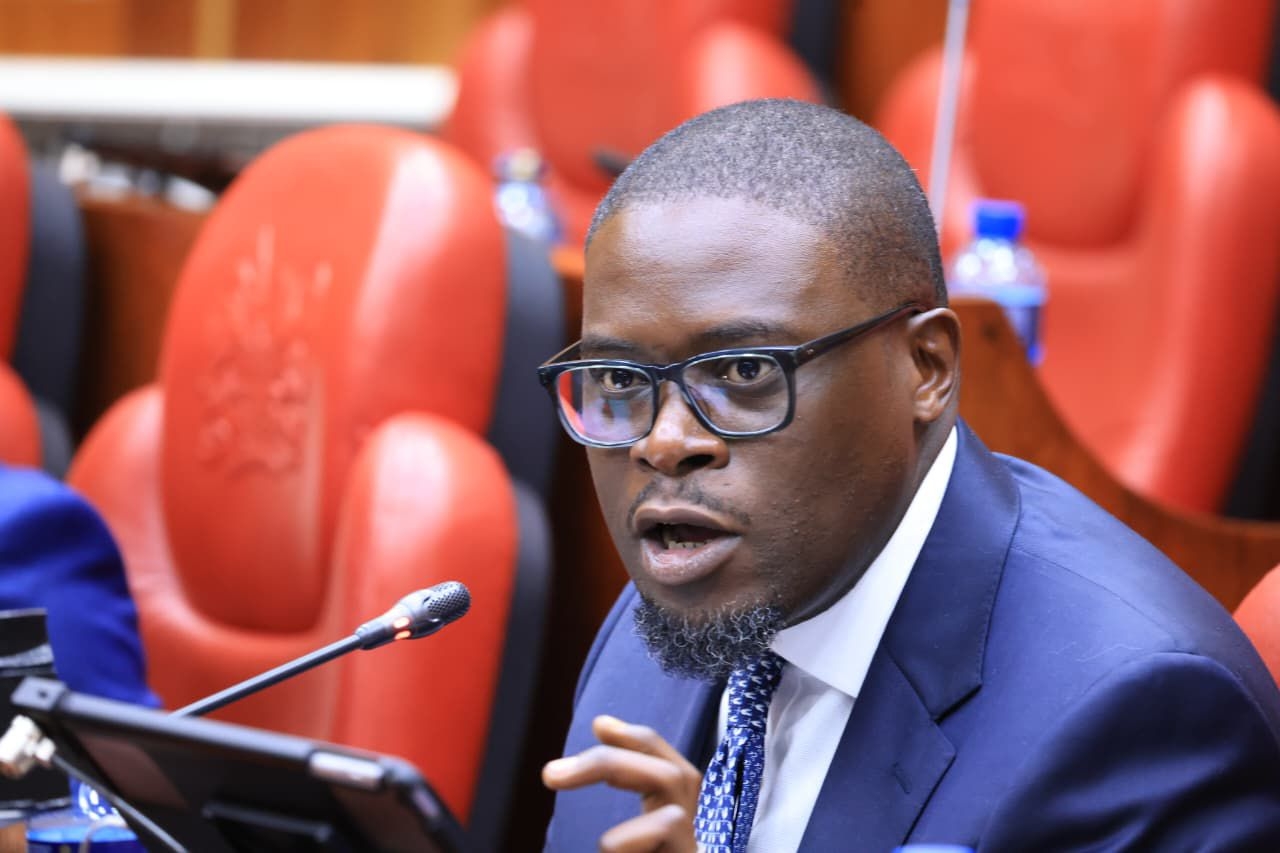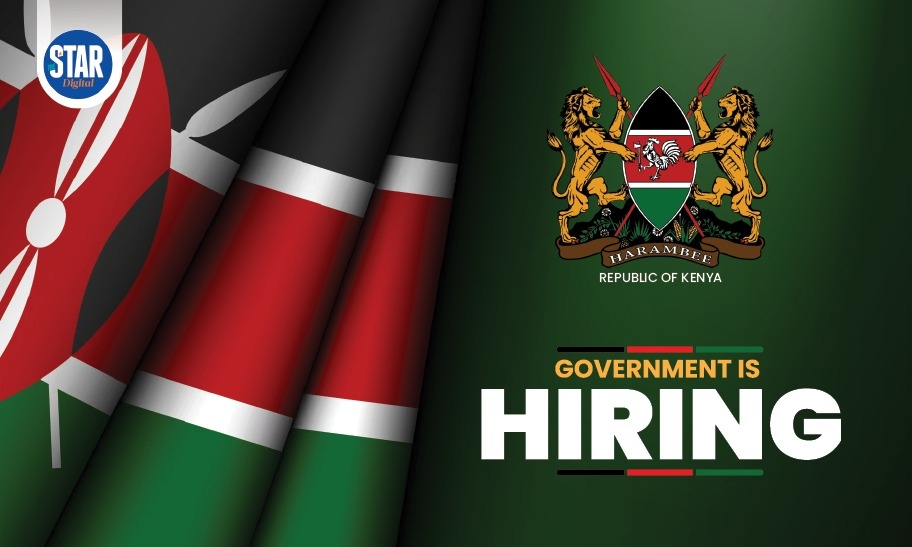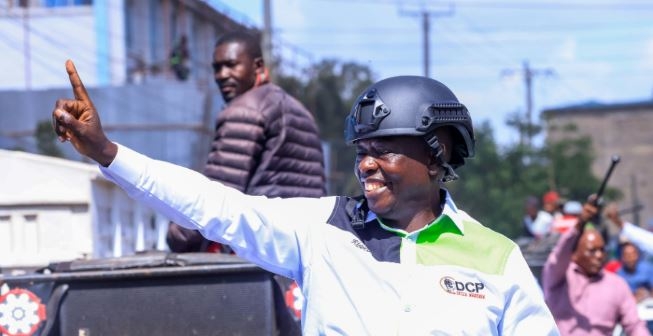
I suspect many Kenyans have wondered, as news comes from Washington of President Trump’s actions in his first weeks, what would be the legal situation if similar things were attempted in Kenya under Kenya’s constitution.
Of course, the constitutionality of some of Trump’s decisions is already before the US courts. Although our system of government was influenced a good deal by the American, it does not mean that our constitutions are really similar.
Theirs was drafted in the late 18th century, when political parties hardly existed. Ours was drafted after 40 years of often disappointing independence, when people had come to distrust politicians, and when there were many other constitutions to look at, and ideas of what constitutions might include had changed.
THE CRIMINAL JUSTICE SYSTEM
President Trump stopped the prosecution of the mayor of New York –explained by some on the basis that Trump needs the mayor’s support in his immigration (or anti-immigration) plans.
Several people have resigned from the Department of Justice – some feeling that Trump’s action was a ploy to put pressure on the mayor (“if you don’t work with me we shall revive the prosecution”).
Under our constitution no politician should be able to do such a thing. The Office of the Director of Public Prosecutions is independent and not subject to control or direction by anyone (Article 157( 10 )).
Both Trump and Biden have granted extraordinary numbers of pardons - even to people who have not (yet) even been charged.
Historically Kenyan presidents could do this, but now the President must act on the advice (more than advice) of the independent Advisory Committee on the Power of Mercy.
Pardons can be given only to people who have been actually convicted of a crime (Article 133 ). Decisions on whether to prosecute are made by the ODPP alone.
SACKING CIVIL SERVANTS
Trump (and Elon Musk in the “Department of Government Efficiency”) have sacked large numbers of public servants.
The only officers in the public service whom the Kenyan President may dismiss are the Secretary to the Cabinet and Principal Secretaries (Article 132( 2 )).
All other members of the public service are appointed and dismissed by the Public Service Commission which is “not subject to direction or control by any person or authority” (Article 249( 1 )(b)).
In other words, arbitrary or political dismissals should not occur (and even removal by the commission must follow “due process of law”). (People like Cabinet Secretaries and ambassadors are not public servants in this sense).
DEI
Trump has attacked diversity, equity and inclusion policies and programmes. (A particularly small-minded outcome has been the National Cryptologic Museum’s hiding plaques celebrating women and people of colour who served the National Security Agency.)
At the heart of Trump’s objections seems to lie his belief that these policies are anti-white (or you might say white racism on his part).
The policies are, of course, intended to set right the historic reality that the dominant group in most aspects of American society has been white. You have probably seen Trump’s criticism extend to what he believes is a programme in South Africa to deprive whites of land.
DEI is firmly embedded in our constitution – and we should be proud of that. Coupled with a broad and positive concept of equality, these concepts are intended to help Kenya become a society in which all its people are valued and have equal chances in life, despite long histories of deprivation, discrimination and marginalisation.
Article 27 requires measures intended to rectify past injustices including by “affirmative action”.
We have rejected a concept of “merit” that enables privilege to be inherited or bought (though our educational system, for example, still has a long way to go).
What is clear is that no Kenyan president could decree that such programmes must be abandoned.
GENDER COMPLEXITY
In his inauguration speech, Trump declared that there are only two sexes – male and female. The two groups that would suffer most from this rigidity are intersex people, and transgender – those who change gender.
Though our constitution does prohibit discrimination on the basis of sex or gender (the US constitution does not prohibit sex discrimination), these expressions are not in our constitution.
But there has been a distinct softening of attitudes towards intersex and transgender people in Kenya, especially after the 2010 Constitution.
Some legislation specifically deals with intersex people (including the Persons Deprived of Liberty Act) and courts have said that a person who changes gender may have documents like their KCSE exam certificate changed to reflect their new name.
These decisions of Parliament or the courts could not be unilaterally changed by any president. In the 2019 census people could identify as intersex – meshing with the law on registration of births, though not specifically in the census legislation.
TARIFFS
Tariffs (Trump’s “favourite word”) are taxes – on goods imported into the country – and cannot be imposed by the act of a president alone. They must be in law passed by the National Assembly, and public participation as for other law.
The Supreme Court, when it held that the Finance Act 2023 was not unconstitutional, did not mean that public participation is not needed for such law.
IGNORING COURT ORDERS?
So far it is not clear that the Tump administration has disobeyed any court order. There is anxiety that this may happen, especially since the VP has insisted, “Judges aren’t allowed to control the Executive’s legitimate power.”
In this country it is clear that this is nonsense. Let me share a recent statement from the UK Supreme Court: that – although the government had some good reason for believing a court decision was wrong – “the Secretary of State was nevertheless obliged to comply with it, unless and until it was varied or set aside.”
EXECUTIVE ORDERS
Mr Trump’s decisions come in the form of “Executive Orders”. Lawyers in the US would agree that an EO cannot go against the constitution, a statute, or a court order.
The only documents of that name in Kenya are those indicating the structure of government, particularly relevant to showing which ministry is responsible for the implementation of which legislation.
Some Trump EOs have directed government agencies to produce regulations to change the law on, for example, climate change.
No doubt a Kenyan president can direct government agencies, unless they are supposed to be independent (like commissions or some parastatals) or the function is assigned to a particular officer. But regulations must undergo public participation – something rooted in the constitution and backed up by the Statutory Instruments Act.
IS IT SO DIFFERENT?
Our constitution does have many provisions to prevent some Trumpian behaviour. However, it is clear that ignoring court orders is not unusual here. And clearly some senior politicians believe they can direct the police and prosecution service.
Some dismissals, especially from parastatals (not of members of the public service) by the last two Kenyan presidents, have been questionable.
Kenyans don’t really expect MPs to exercise independent judgment when exercising their responsibility to approve public appointments. What has been remarkable is how the US Senate – that body of more mature people supposedly of experienced judgment – has become so Kenyan in its tame following of the President’s wishes, as in the appointment of that eccentric anti-vaxxer Robert F Kennedy Jr as Secretary of State for Health.
In both countries too many decisions are made to reward political friends (Kenya) or punish perceived political adversaries (Trump).
On reflection, does the reality
seem so very different here?
It is not just a matter of presidential behaviour. What we need is
public officers committed to be independent and objective when they
have the right and the duty to be so.
Resistance to autocracy, irrationality
and cruelty must come from citizens
as well.


















